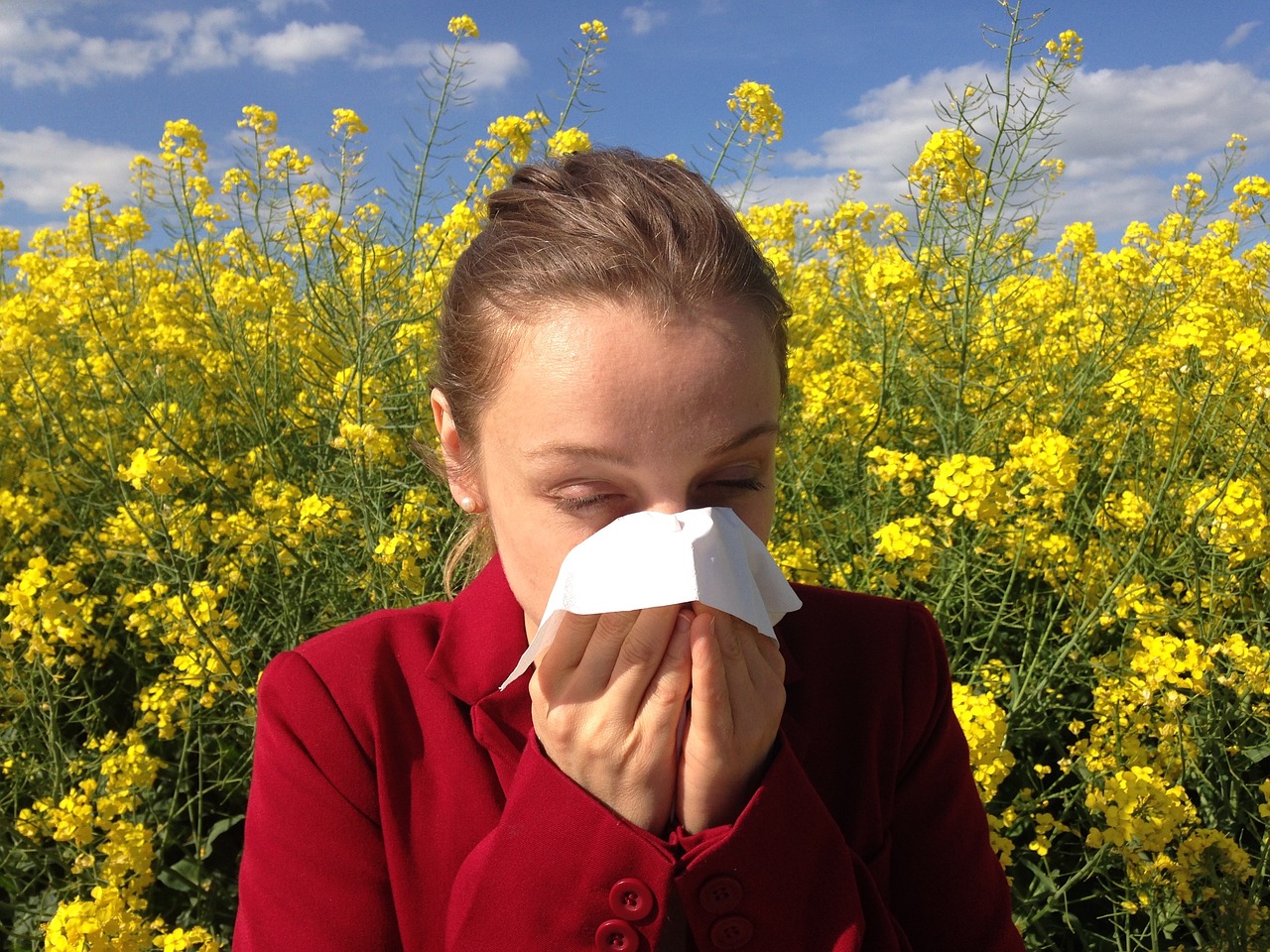Tahini Allergy

When your immune systems are hypersensitive, allergies occur. It’s a reaction of your body to allergens which is present in our foods and drinks. Allergens aren’t harmful at all, it’s just our immune system become so sensitive with them. There are people who are allergic to some food, to certain fabrics or even to some smell. As it is, there’s also tahini allergy.
It happens once in a while. When a person’s immune system releases a chemical substance called “histamine”, it causes tightening of our muscles in our body and release of mucus production which causes difficulty breathing, colds, and cough.
Allergies on sesame are on the rise, including sesame oil and sesame paste. Though it is still not included in the top lists of food allergies around the world.
In middle-eastern countries, sesame seed allergy is on one of the top list including eggs and milk allergies.
Sesame seeds are now commonly used in dishes for a long time. This may be the reason why there’s rising sesame seed allergy, plus a heightened awareness of food allergies among all of us. And we can’t deny that Asian and Mediterranean cuisine is popular around the world. Here are list of food that you should avoid when you are sensitive or allergic with sesame seeds.
- Foods contains with sesame seeds are halva, baba ganoush, hummus. These are staple food in Middle-Eastern countries.
- Baked products like cookies, bagels, and bread which is mostly have tahini paste or sesame oil as one of its ingredients.
- Some sesame oil or paste is one of the ingredients in your skin care products, shampoo, soap and others.
People who has allergy in food, pollen, or dust don’t usually shows signs right away after having in contact with allergens. Our immune system gradually build-up its sensitivity from allergens before signs of allergy shows. Once this happens, our immune system makes antibodies to fight against them. In this stage, you might experience some allergic reaction but not still obvious.
Signs and symptoms or allergic reaction can affect our eyes, nose, digestive system, sinuses, and skin. Here are the common signs and symptoms when in contact with an allergen.
- Cough runny nose, heavy feeling on sinuses, itchy eyes and nose, watery eyes, swollen eyes.
- Skin reactions includes: red and itchy skin, flaking, rashes, and peeling
- For food allergies: Diarrhea, stomach cramps and aches, vomiting, swelling of tongue, swelling of face, throat, and lips
- Anaphylaxis –a serious and life-threatening allergic reaction one can have.
- For sting bites from insects/animals: sudden low blood pressure, wheezing, shortness of breath, skin itching and redness, dizziness, difficulty breathing, swelling of skin in the affected area, anxiety.
- For medication allergies: skin rash, tongue and face swelling, difficulty breathing, and anaphylaxis.
- For Sesame Seeds allergies: runny nose, redness, eyes irritation, itching, hives, asthma attacks, and diarrhea.
Who are risks for allergic reactions?
- History of Asthma in the Family –if any or both of your grandparents, parents, aunts, uncles, or siblings have asthma then there’s a higher chance you will have an allergy.
- Asthmatic – when you’re asthmatic, you can’t deny the fact.
- History of allergy – if you have a history that you had an allergic reaction in something, whether when you were a kid or an adult, then you are prone.
- Children – children’s immune system is still developing, that’s why they usually have colds and cough when exposed to pollens or dust.

According to Dr. McGrath, in United States of America, the most common cause of allergic reactions to the Americans is the peanut butter.
In treating sesame food allergy, the patient should undergo a skin test and blood test before the treatment, if it’s not an emergency situation. An injectable epinephrine is given for emergency cases for allergic reactions, like anaphylaxis. Antihistamine is also given to a person who has skin itching or hives. After treatment, a person is advised to avoid such kind of food.
A friendly reminder for you and your family, if you suspect sesame allergic reaction, seek the nearest hospital in your city. Food is life, but our life is precious to waste for a food. Stay safe.
